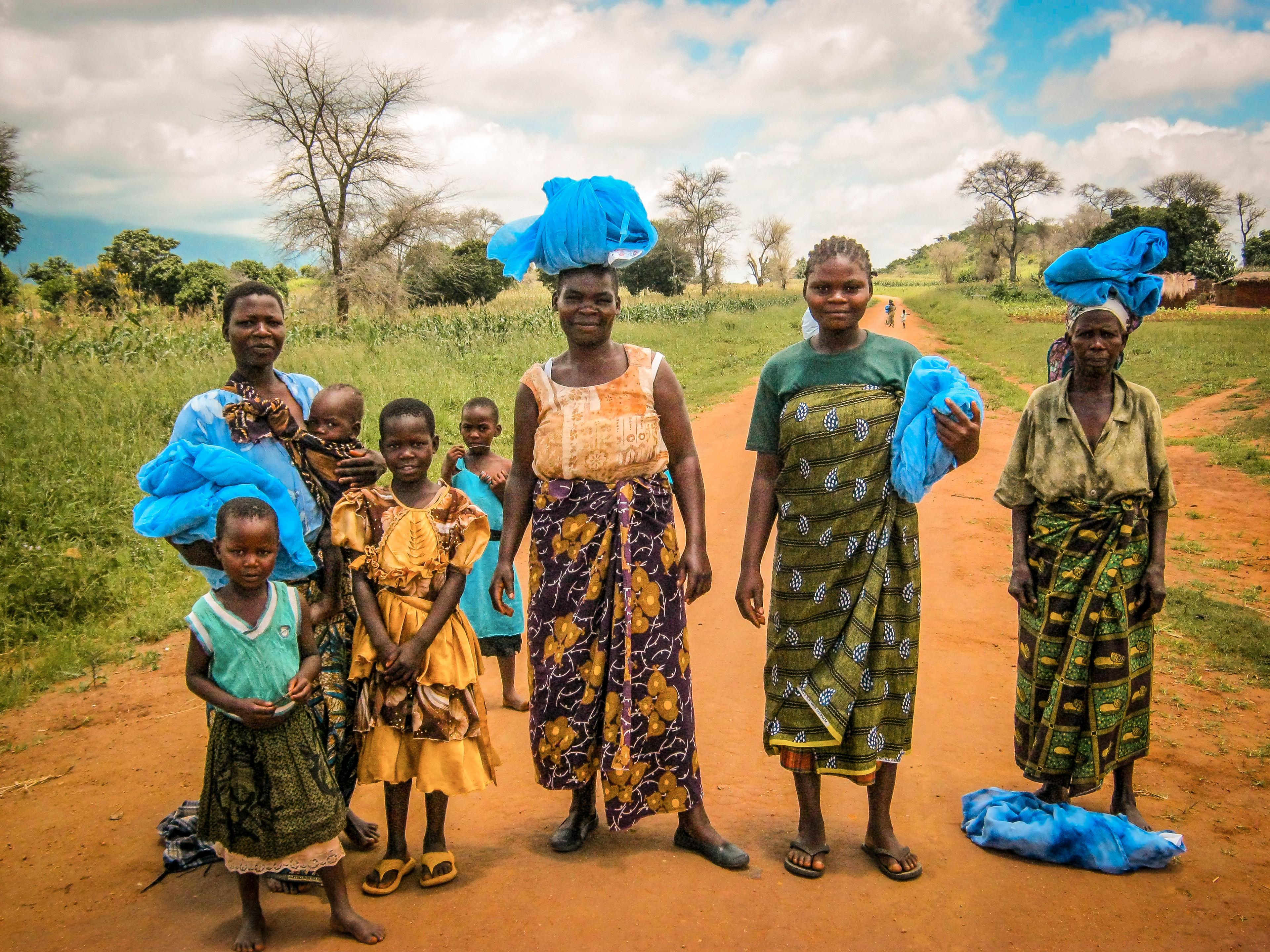Could parasites be making vaccinations less effective in developing countries?
According to a recent study, they could be.

An NIH-funded paper published earlier this year 1 found that if mothers-to-be had malaria, schistosomiasis, or hookworm infections during their pregnancy, their babies were less well-protected by some vaccines. This may help to explain why some vaccines are less effective in areas of developing nations 2 3 4.
What does the study tell us?
In the study, babies were given a vaccination which protects against five diseases – diphtheria, tetanus, pertussis, Hib (a cause of meningitis and septicaemia) and hepatitis B – and the level of protection produced in response to the Hib, hepatitis B, diphtheria and tetanus components were then measured. Parasite infections affected how much protection was given by the Hib and diphtheria components of the vaccine.
For the Hib component, babies from mothers who had been infected with malaria, filariasis or hook-worm gained less protection from the vaccine than those whose mothers did not have those infections. This suggests that the worm infection in the mother reduced the effect of the vaccines in the babies.
The picture gets more complicated when the mother has more than one infection. It has been known for some time that parasites use high level evasion tactics to avoid the immune system, and that this may stop vaccines from working so well5 6 7. As an example, BCG vaccinations provide less protection against tuberculosis in people who have a worm burden than those who don’t 8 9.In their attempts to avoid elimination by the immune system, parasites end up triggering off a range of immunological functions, sometimes with counter-intuitive effects.
For instance, babies whose mothers had malaria had less protection from the Hib vaccine than those whose mothers were malaria-free. Babies whose mothers had worm infection also had less protection. But babies whose mothers had BOTH malaria and worm infection had a better response to the vaccine than those whose mothers only had malaria. So, in this case, the combination of worms and malaria works on the side of the vaccine, making the response less bad.
| Hib | No worm infection | Worm infection |
| No malaria | BASELINE | Worse response |
| Malaria | Worse response | Intermediate response |
To make it even more complicated, there is a different response to the part of the vaccine that protects against diphtheria. Here, malaria infection in the mother had little effect, and worm infection in the mother also had little effect, but babies whose mothers suffered from both malaria and worms had a worse response to the vaccine.
| Diptheria | No worm infection | Worm infection |
| No malaria | BASELINE | No change |
| Malaria | No change | Worse response |
So what’s going on here? Why the different response?
Parasites’ tactics include complex communications trickery, signalling the immune system to err towards tolerance rather than aggression. The signals caused by the parasites in pregnant mothers may end up pushing their babies’ immune systems into having a more tolerant and less aggressive response as well. Unfortunately, the processes which are involved in producing an aggressive immune response are important in gaining protection from many vaccines 10 11.
The constant balancing act between tolerance and aggression is in part controlled by immune players called Th1 and Th2 cells. Each produces a cocktail of self-interested chemicals to keep its philosophy on top. Once a Th1 response starts, it tends to keep going at the expense of the Th2 response, and vice-versa 12. Any upset to the normal Th1:Th2 balance is likely to make the vaccine response less effective.
Parasites like intestinal worms push for a Th2 response 13, which is less aggressive and more tolerant. But the more aggressive Th1 response is normally what’s required for vaccines to give good protection against diseases.
Malaria is well-known for suppressing the immune system and paralysing vital components to suit its own ends, as well as being hugely damaging to pregnancies, increasing the risk of premature birth, miscarriage, low birth weight and infant mortality 14, so treatment during pregnancy is important 15 16. However, in this situation, the malaria parasite may be inadvertently causing some immune-system rebalancing. Malaria parasites can infect the placenta, pushing towards a more aggressive, Th1 response in the baby 17 18 and potentially contributing to re-balancing the Th1:Th2 response. The malaria parasite in the mother may also increase the work of an immune-balancing cell in the baby 19 20.
To top off this complex immunological mash-up, material from infections in pregnant mothers doesn’t tend have a hostile reception when it reaches their unborn children. Instead, it causes the production of cells and chemicals designed to avoid immunological warfare between the mother and baby during pregnancy 21. But the result is a calming of the immune system, which doesn’t fit well with good protection from the vaccine.
What does this mean for reducing disease?
The interactions between parasites and the immune system are by no means simple, so predicting what will happen if you remove one of the players is often not straightforward. However, this paper does provide more evidence that removal of parasite burden would be a good thing for vaccination efforts. It also shows the importance of considering how different infections interact with each other during pregnancy, and understanding the full implications of channelling resources towards any one particular disease.
The Giving What We Can top charity recommendations currently include organisations devoted to tackling neglected tropical diseases, such as Deworm the World and the Schistosomiasis Control Initiative, as well as the Against Malaria Foundation, which distributes insecticide-treated mosquito nets. Research like this further improves the case for donating to these highly effective charities, highlighting the multi-faceted and potentially surprising effects of parasite infection.